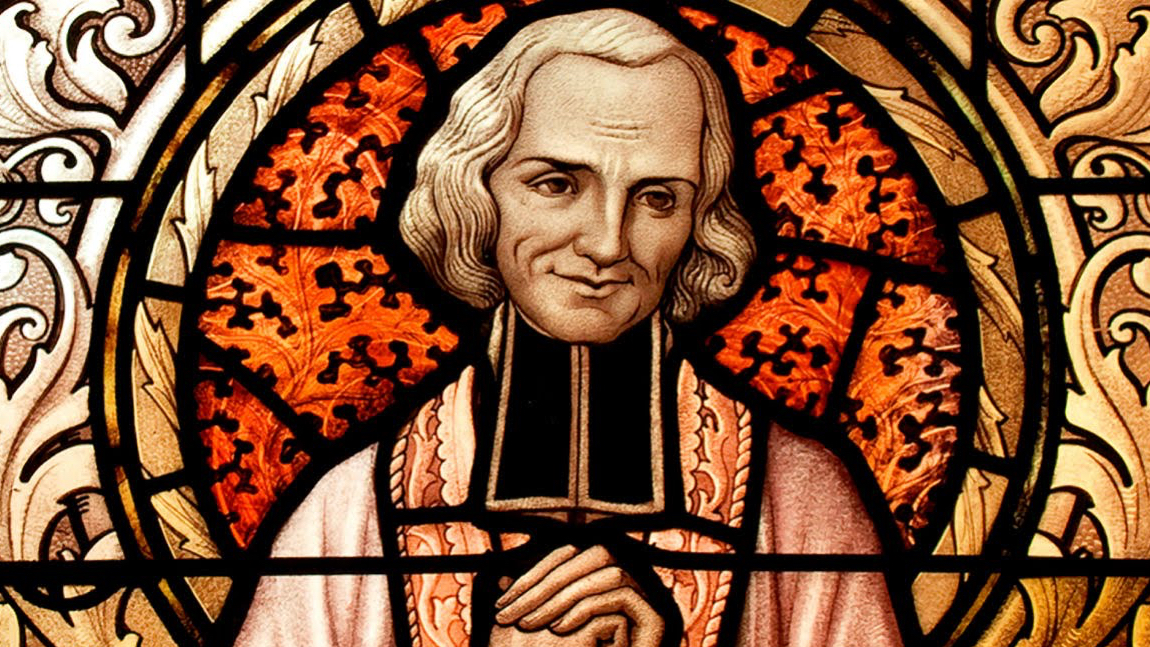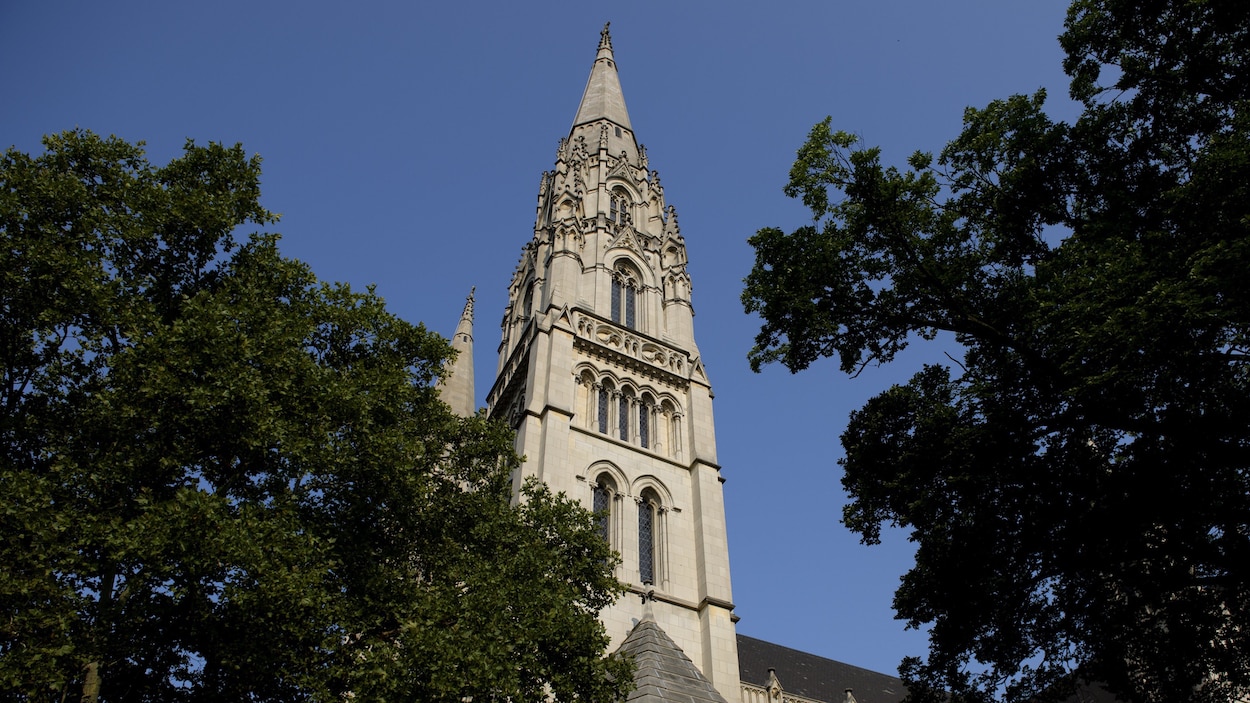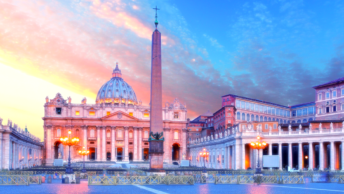Few subjects are capable of generating as much mistaken analysis, misguided beliefs, and fuzzy thinking as religion—and exactly six years ago we had a prime example. A Christian minister with his own radio program announced to the world that the so-called rapture was going to take place at 6pm on Saturday May 21, 2011, with all true believers instantly removed from the earth and taken up into Heaven; the end of the world would then follow exactly five months later. The minister insisted he knew this, even though he had been wrong about a similar prediction in 1994, because he had calculated the date from information he discovered and decoded from the Bible. Needless to say, he was wrong a second time, and afterwards he naturally kept a low profile—but it’s probably just a matter of time before someone else makes an equally mistaken prediction of the rapture and the end of the world. The rapture, by the way, is not something Catholics or mainline Protestants believe in; it wasn’t until the mid-19th century that a sincere but misguided independent minister came up with the concept after misinterpreting certain Scripture passages referring to the end of the world. People who do not acknowledge the teaching authority of the Church can easily be led astray. This isn’t only true of Christians. In the Gospel of John (14:15-21), Jesus states that He will give us another advocate, referring to the Holy Spirit. Some Muslims make the outlandish claim that this “advocate” actually refers to their prophet Mohammed, who has supposedly superseded Christ as God’s ultimate spokesperson. This belief is obviously illogical nonsense, but there are cases of Christians freely choosing to become Muslims, thereby abandoning their Savior for a false prophet—and a very sinful and violent one, at that.
Genuine religion is never a “do-it-yourself” project, in which we pick-and-choose, or even create, our religious beliefs based on our own preferences and opinions. Because there is only one God, there can only be one truth—and it’s our duty to strive to discover it, and then live our lives accordingly. However, we are not on our own; Jesus gives us His Spirit to enlighten us and His Church to guide us. If we humble ourselves and express our love for Him through obedience, we have the assurance that we’re going in the right direction and that we’ll reach our goal of eternal life.
As our Creator, God understands our human limitations and needs—including the need for leaders with the authority to guide us, direct us, and, when necessary, correct us. That’s why Jesus established the Church. We see in the Acts of the Apostles (8:5-8, 14-17) that even though the deacon Philip accomplished miraculous things in Christ’s Name—preaching the Gospel, healing the infirm, and freeing the possessed—he remained subject to the authority of the apostles; Peter and John came and confirmed, or completed, what Philip had begun. A religious community without divinely-appointed leaders will sooner or later succumb to error or division; that’s an inevitable by-product of our sinful human nature. When Jesus spoke to the apostles, promising to send them the Holy Spirit, He wasn’t speaking to them as individual believers, but as leaders of His Church, through whom His teachings and commandments would be made known to the world—and He said it’s by obeying these commandments that we express our love for Him. St. Peter (1 Pt 3:15-18) tells us that we may have to suffer for doing good, and many Catholics throughout the world—even today—suffer criticism, discrimination, or persecution because of their commitment to Christ and their allegiance to His vicar on earth, the Holy Father. We must pray for these fellow believers, even as we admire their courage and strive to imitate their religious common sense. No other religion has the magisterium, or teaching authority, of the Catholic Church; no other religion has the absolute, divinely-guaranteed assurance of unity and doctrinal truth found in Catholicism.
I have a book in which some former Catholics tell their stories, explaining why they left the Church for another Christian denomination; I also have many books in which former Protestants explain why they became Catholic. The ex-Catholics had a variety of reasons for leaving the Church: they were upset by one of the Church’s teachings, they were divorced and remarried outside the Church, they were offended by something a priest or nun said or did, they didn’t think their fellow parishioners were friendly enough, they thought the Catholic Church was too demanding, they found another church with better preaching or music, and so on. The former Protestants who became Catholic—including some ministers and religious leaders—all had basically one reason for entering the Church: they were convinced by the Holy Spirit, sometimes to their considerable shock and dismay, that only the Catholic Church can rightly claim to be the one true Church established by Jesus Himself. They were willing to make great sacrifices, leave behind communities with stronger music and fellowship, and endure criticism and even rejection by family and friends, in order to be true to their calling. When it comes to following Jesus and accepting the gift of salvation, truth trumps everything else—and only those who order their lives accordingly are fully obedient to Christ.
St. John Vianney once said, “Those who are led by the Holy Spirit have true ideas; that’s why so many ignorant people are wiser than the learned.” I have no doubt that the misguided minister who six years ago predicted the rapture and the end of the world is a learned and intelligent man, but without submitting to the authority of the one true Church, he and others like him have no assurance that they’re actually being led by the Holy Spirit. There are also many highly intelligent and talented non-believers who are quite successful and important in the world—but in terms of what really matters, they know and understand far less than humble, ordinary Catholics who attend Mass every weekend. Jesus promises us in the Gospel that He will not leave us orphans; He will come to us and lead us into eternal life—but in the time and manner He chooses, and not one that’s subject to our own predictions and preferences. If we want to be true to Him, we need only love Him by keeping His commandments, and if we want to know exactly what this means, we need only be faithful members of His Church. He is the way, the truth, and the life, and as long as our faith is rooted in Him, our salvation is assured.







